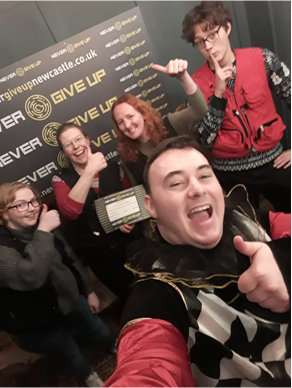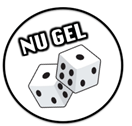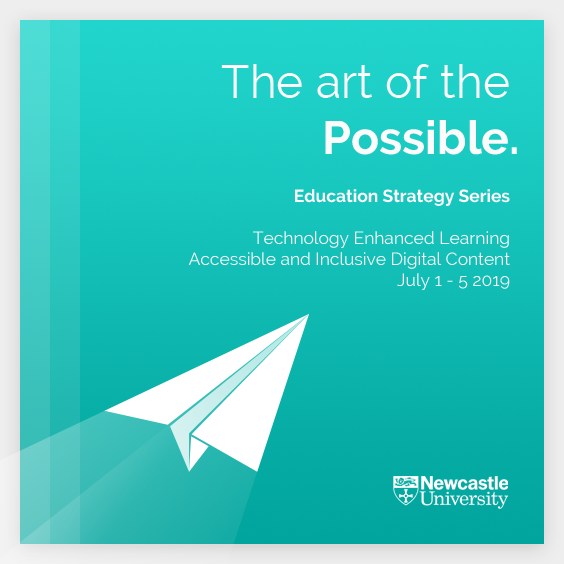Newcastle University Technology Enhanced Learning Advocates (NUTELA) are passionate about promoting technology in teaching and supporting colleagues to explore technology enhanced learning. In recognition of some of the fantastic work that is delivered by colleagues across the University the NUTELA Learning and Teaching Conference Award was introduced in 2018.
The award is open to anyone who is selected to be part of the Learning and Teaching Conference programme who is effectively using technology in their teaching. All eligible abstracts are judged by members of the NUTELA Steering Group and should include:
• Elements of technology enhanced learning
• Innovative teaching and learning practice
• Student engagement in teaching and learning
• Practice which can be transferable to other disciplines or areas of study.
The top three abstracts are awarded up to £150 to further the work of their projects or disseminate their findings.
2019 Learning and Teaching Conference NUTELA award winners
- 1st Prize: Dr Alesssio Ianetti, Teaching Fellow, School of Pharmacy Who wants to be a millionaire: A game for the Pharmacy curriculum
- 2nd prize: Dr Emma Cockburn, Lecturer, School of Biomedical, Nutritional and Sports Sciences Fusing team-based flipped learning and animations
- 3rd prize: Dr Chris Graham, Director of E-Learning, School of Mathematics, Statistics and Physics Building flexible and accessible web-based course material
Dr Alessio Ianetti shares more about his project and how he used his award in this blog post.
If you are interested in finding out more about the learning and teaching conference visit the conference website. Registration and the call for submissions will open on the 1st October 2019.




